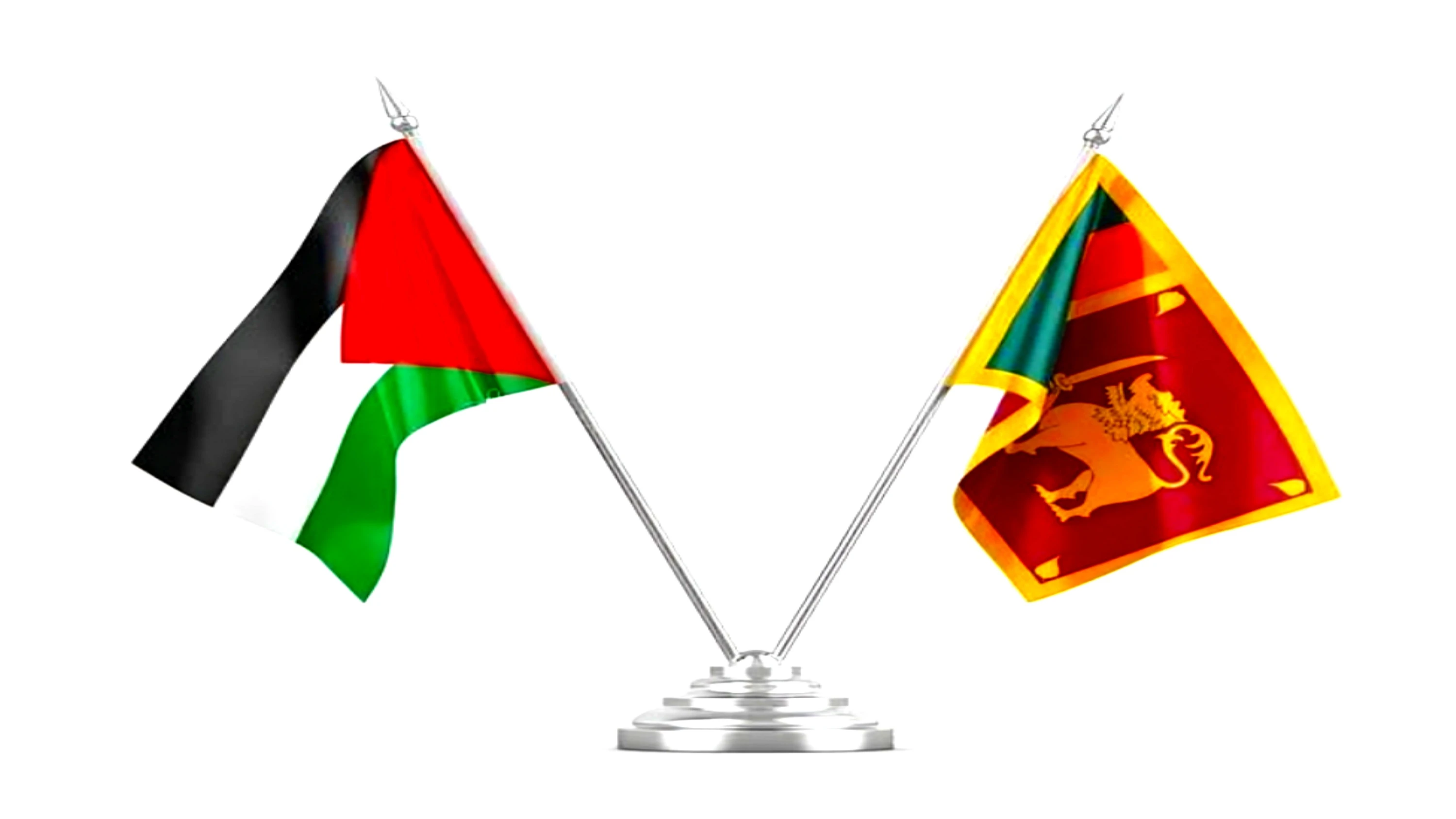Berlin: German and British defence ministers convened in Berlin on Thursday for the first meeting of their joint defence council, established following a bilateral military cooperation pact signed last year. The talks come at a time of heightened geopolitical tensions across Europe and beyond.
German Defence Minister Boris Pistorius emphasized the practical progress both countries are making together. “This meeting demonstrates that we’re not only aligned on key projects, but also moving forward with rapid implementation,” he said.
The Berlin summit coincided with a broader NATO foreign ministers’ meeting in Turkey, where allied nations are evaluating a U.S.-backed initiative to significantly increase defence spending — a reflection of Washington’s growing focus on threats outside of Europe.
Meanwhile, tensions between Russia and Ukraine flared again after Russian President Vladimir Putin declined an invitation to meet his Ukrainian counterpart, Volodymyr Zelenskyy, in Istanbul. While both countries have agreed to hold their first direct negotiations in years, Putin’s absence from the Istanbul summit drew sharp criticism from UK Defence Minister John Healey.
“Putin’s actions speak louder than his words,” Healey said. “He claims to seek peace, yet rejects a full ceasefire and continues to bombard Ukrainian cities. He says he wants dialogue, but skips the very summit he helped call for.”
Elsewhere in Brussels, the European Union ramped up its support for Ukraine. Following a gathering of EU defence chiefs, General Robert Brieger, Chair of the EU Military Committee, revealed plans to double the bloc’s delivery of heavy-calibre ammunition to Kyiv this year — aiming to supply 2 million rounds.
To meet this ambitious target, Brieger said the EU would enhance incentives for member states to increase ammunition production through European Defence Agency (EDA) contracts and greater collaboration with Ukraine’s own defence sector. “We’re not only encouraging procurement and production, but also exploring new financial and industrial cooperation initiatives,” he noted.
Brieger also warned of resource gaps in the EU’s maritime security operations, particularly in light of increased threats posed by Russia’s “shadow fleet.” With three current naval missions — two in the northwest Indian Ocean and one in the Mediterranean — Brieger stressed that additional ships, aircraft, and assets are needed to respond effectively to potential maritime crises.
“To ensure credibility and effectiveness, we must secure adequate resources ahead of any future mission launch,” he said.








